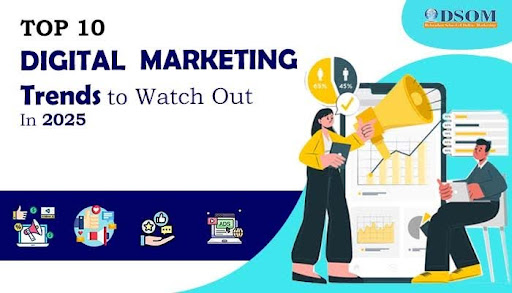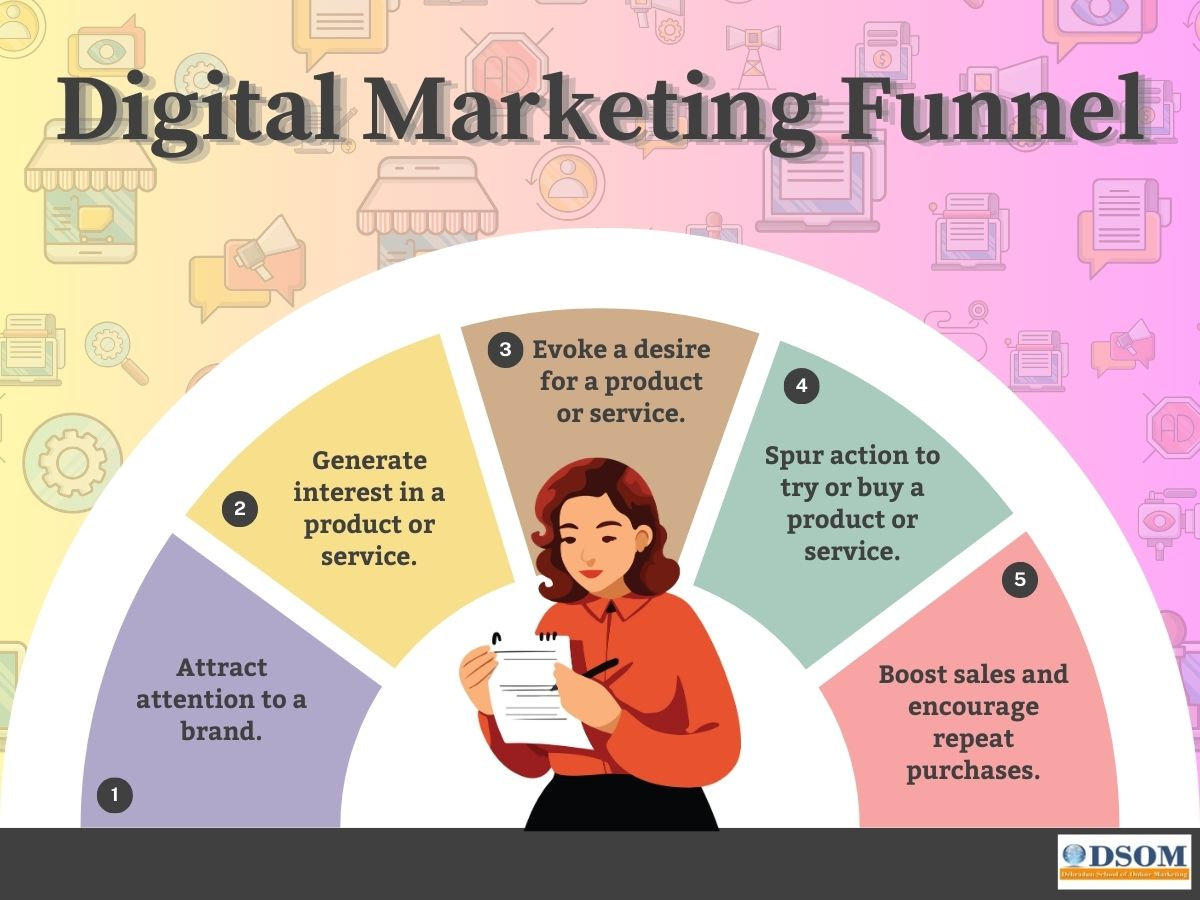Broken Links
What is a Broken Link?
A broken link or dead link is a link on a web page that no longer works because the website is encountering one or more of the reasons below. Reasons for broken links:
- An improper URL entered for the link by the website owner.
- The destination website removed the linked web page (causing what is known as a 404 error)
- The destination website permanently moved or no longer exists
- The user has software or is behind a firewall that blocks access to the destination website.
- The website owner linked to a site that is behind a firewall that does not allow outside access (such as an Intranet site or a restricted access area on a website).
Broken links can be challenging for website visitors, making them unable to access the desired resource or information. These users may decide to make use of another site to find the necessary information elsewhere. A site that hasn't been updated or checked for a long time may suffer from link rot, which is a term used to describe a site with dozens of broken links
How to find Broken Links
By the way, you will find many websites on the internet that can detect the broken link of your website but you can also find broken link from your website’s Google search console account (webmasters tools). Whenever you click on the Google search console, you will see an option on Crawl error that will help you find the broken link of your website. In this way, you can find the broken link of your website.
How to remove Broken links
To remove broken link, first of all you need to find the broken link which you can do in the way described above. Apart from this, here one more website is available in that you can easily find out the broken links and remove them.
http://www.brokenlinkcheck.com/
This website will help you to search the broken link by submitting the URL of your website into it. Just a few minutes, you will find the whole broken link.
LSI (Latent Semantic Indexing)
What is LSI?
LSI stands for latent semantic indexing. When you search for anything on Google; then it shows you some other results in drop down which are related to search query. Google wants to give you more relevant search. For example, if you type apple in search then, Google shows you apple iPhone brand related search but it also wants to confirm are you searching for fruit. If you are searching for fruit, then Google will show you search related to apple fruit. This is known as Latent Semantic Indexing of Google. “LSI keywords (Latent Semantic Indexing) are keywords semantically related to your main keyword. A lot of people think that LSI keywords are synonyms. But this is incorrect. LSI keywords are simply words that are frequently found together because they share the same context.”
How to Use LSI Keywords?
Add them all through the body of your article, as long as it sounds natural and appropriate. Here are the main places you should use your LSI keywords:
- Page title
- H1 and H2 tags
- URL address
- META tags
- Images alt text
- First paragraph of text
- Links anchor texts
- Last paragraph of text
Benefits of LSI Keywords
From the huge list of benefits here are some of my top picks:
- Safe from Spam-By using LSI Keywords in the article, you help Google understand that your article is not spam and that it’s natural. Also, it differentiates your content from spun content.
- Drop in Bounce Rate- By using LSI Keywords in the article, it helps to reduce Bounce rate and improve conversion rate.
- Improve Rankings
- Improve Blog Authority- More rankings will help you get more clicks, and as you start getting more clicks; your blog will build authority naturally.
Use these tools to find LSI keywords:
- Google keyword planner
- LSI Graph
- Keyword Shitter
- Soovle
- SEMrush
- Mondovo
- KeywordTool.io
 How to Turn Your Photos into Ghibli-Style Art with ChatGPT for Free
How to Turn Your Photos into Ghibli-Style Art with ChatGPT for Free Top 10 AI Tools for Plagiarism-Free Content Writing: Boost Your SEO & Digital Marketing Efforts
Top 10 AI Tools for Plagiarism-Free Content Writing: Boost Your SEO & Digital Marketing Efforts The Rise of Graphic Designing in 2025: A Career Guide.
The Rise of Graphic Designing in 2025: A Career Guide. The Rise of Video Editing: A Crucial Skill in 2025
The Rise of Video Editing: A Crucial Skill in 2025 Top 10 Digital Marketing trends in 2025
Top 10 Digital Marketing trends in 2025 Common Mistakes in Digital Marketing and How to Avoid Them 2025
Common Mistakes in Digital Marketing and How to Avoid Them 2025 The Future of Digital Advertising: What You Need to Know
The Future of Digital Advertising: What You Need to Know Social Media Marketing in 2024: Strategies for Maximum Engagement
Social Media Marketing in 2024: Strategies for Maximum Engagement Building a Successful Digital Marketing Funnel: A Step-by-Step Guide
Building a Successful Digital Marketing Funnel: A Step-by-Step Guide 5 ways to make money from home using AI (Artificial-Intelligence) in 2024
5 ways to make money from home using AI (Artificial-Intelligence) in 2024